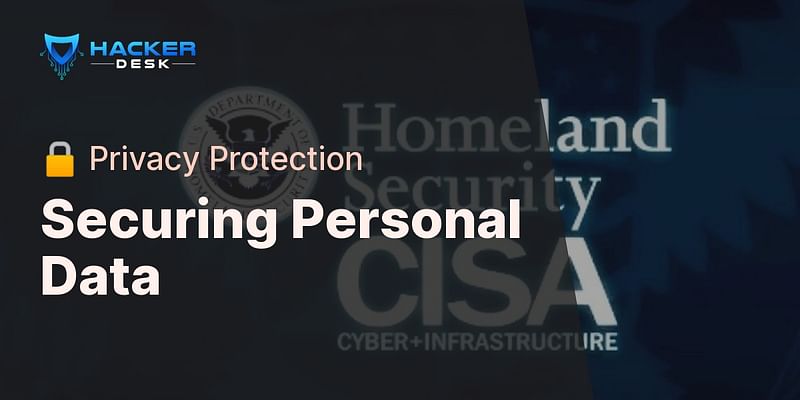Rhett Rowe is a seasoned expert in cybersecurity, boasting over 15 years of professional experience in the industry. He has collaborated with numerous Fortune 500 companies, aiding them in fortifying their digital infrastructures. Rhett is a Certified Ethical Hacker (CEH) and has earned his Master's degree in Information Security from Stanford University.
Privacy is indeed at risk in today's digital world. With the increasing reliance on technology and the widespread use of the internet, our personal information is more vulnerable than ever before. However, there are several steps we can take to protect our privacy and safeguard our personal information.
First and foremost, it's crucial to be aware of the privacy risks associated with the digital world. This includes understanding the potential threats and vulnerabilities that exist, such as data breaches, identity theft, and online scams. By being informed, we can take proactive measures to mitigate these risks.
One of the most effective ways to protect our personal information is by using strong and unique passwords for all our online accounts. A strong password should be at least eight characters long and include a combination of uppercase and lowercase letters, numbers, and special characters. It's also important to avoid using easily guessable information, such as our names or birthdates, as part of our passwords.
Additionally, enabling two-factor authentication (2FA) adds an extra layer of security to our online accounts. With 2FA, we need to provide a second form of verification, such as a fingerprint scan or a unique code sent to our mobile device, in addition to our password. This significantly reduces the risk of unauthorized access to our accounts.
Types of Two-Factor Authentication (2FA) Methods
| Method | Description | Security Level | Ease of Use |
|---|---|---|---|
| SMS Verification | A unique code is sent to your mobile device via SMS. This code is used as the second form of verification. | Medium | High 👍 |
| Email Verification | A unique code is sent to your registered email address. This code is used as the second form of verification. | Medium | High 👍 |
| Biometric Verification | Uses unique physical or behavioral characteristics such as fingerprints, facial recognition, or voice recognition. | High 💪 | Medium |
| Hardware Tokens | A physical device that generates a unique code for verification. | High 💪 | Low 👎 |
| Software Tokens | An app generates a unique code for verification. Examples include Google Authenticator and Authy. | High 💪 | High 👍 |
| Push Notifications | A notification is sent to a trusted device, and the user approves the login attempt. | High 💪 | High 👍 |
Another crucial aspect of protecting our personal information is being cautious about the information we share online. We should be mindful of what we post on social media platforms and avoid sharing sensitive information, such as our full address or financial details, publicly. Cybercriminals often use this information for identity theft or targeted attacks.
Furthermore, it's essential to keep our devices and software up to date. Regularly installing updates and patches ensures that we have the latest security features and fixes for any vulnerabilities that may exist. This applies not only to our computers but also to our smartphones, tablets, and other internet-connected devices.
In addition to these preventive measures, it's advisable to use a reliable antivirus and antimalware software to protect our devices from malicious software and potential threats. These security solutions help detect and remove any malware or viruses that may compromise our personal information.
Lastly, consider conducting regular penetration testing to assess the security of your personal network. Penetration testing involves simulating real-world attacks to identify vulnerabilities and weaknesses in your network. By proactively identifying and addressing these issues, you can enhance your personal security.
In conclusion, privacy is indeed at risk in the digital world, but by following these tips, we can significantly reduce the chances of our personal information being compromised. By staying informed, using strong passwords, enabling two-factor authentication, being cautious about sharing information online, keeping our devices updated, using reliable security software, and conducting regular penetration testing, we can stay secure in the digital world and protect our privacy.















